Neurogenesis
Recent articles
‘Tour de force’ study flags fount of interneurons in human brain
The newly discovered cell type might point to the origins of the inhibitory imbalance linked to autism and other conditions.
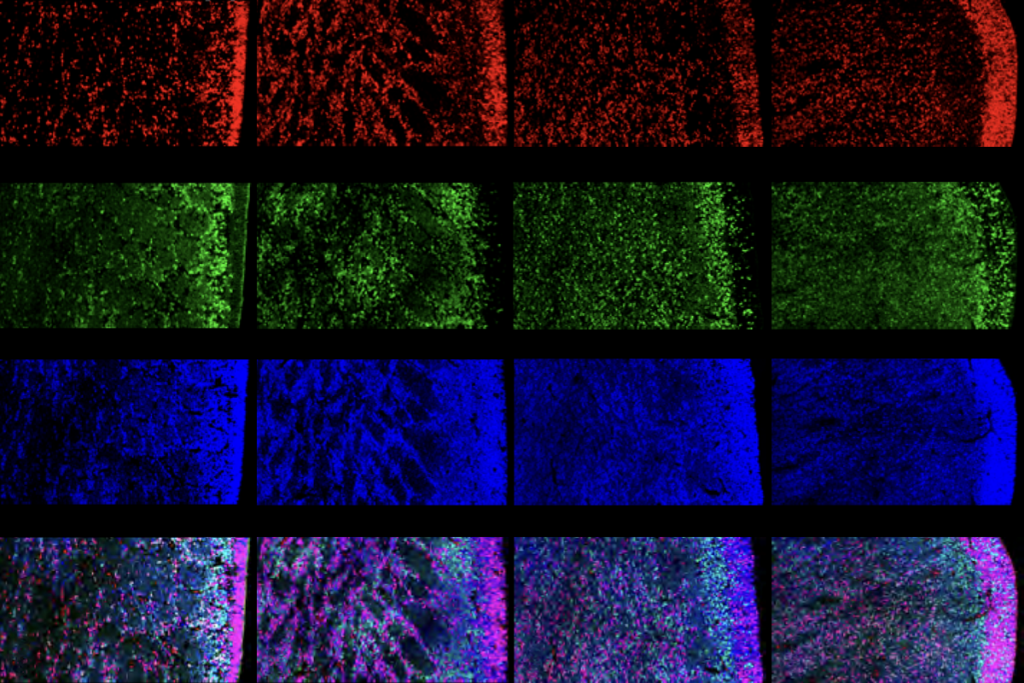
‘Tour de force’ study flags fount of interneurons in human brain
The newly discovered cell type might point to the origins of the inhibitory imbalance linked to autism and other conditions.
‘Neuroethics: The Implications of Mapping and Changing the Brain,’ an excerpt
In his new book, published today, philosopher Walter Glannon examines the ethics of six areas of neuroscience. In Chapter 4, a portion of which appears below, he tackles the ethical considerations of using brain organoids in research.
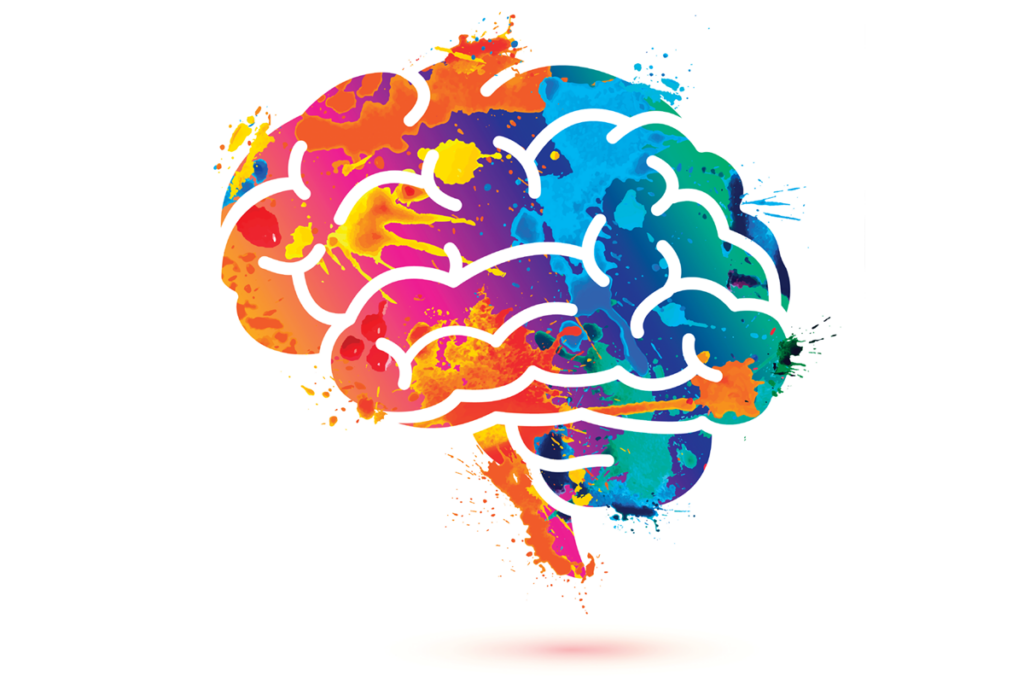
‘Neuroethics: The Implications of Mapping and Changing the Brain,’ an excerpt
In his new book, published today, philosopher Walter Glannon examines the ethics of six areas of neuroscience. In Chapter 4, a portion of which appears below, he tackles the ethical considerations of using brain organoids in research.
Constellation of studies charts brain development, offers ‘dramatic revision’
The atlases could pinpoint pathways that determine the fate of cells linked to neurodevelopmental conditions.
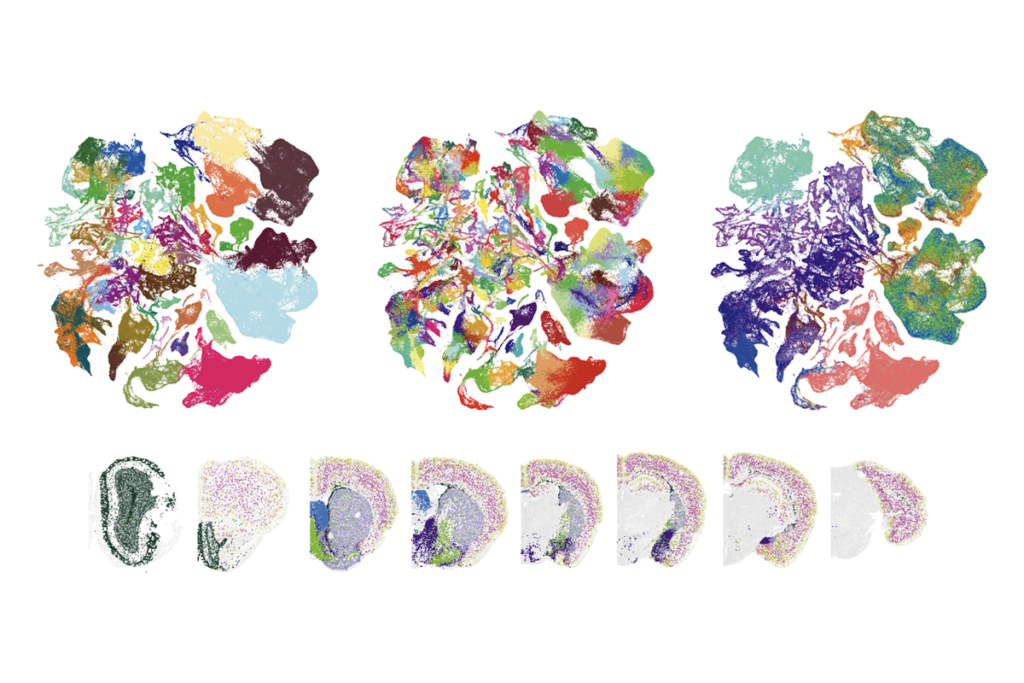
Constellation of studies charts brain development, offers ‘dramatic revision’
The atlases could pinpoint pathways that determine the fate of cells linked to neurodevelopmental conditions.
Microglia nurture young interneurons
The immune cells secrete a growth factor that “sets the supply of GABAergic interneurons in the developing brain.”
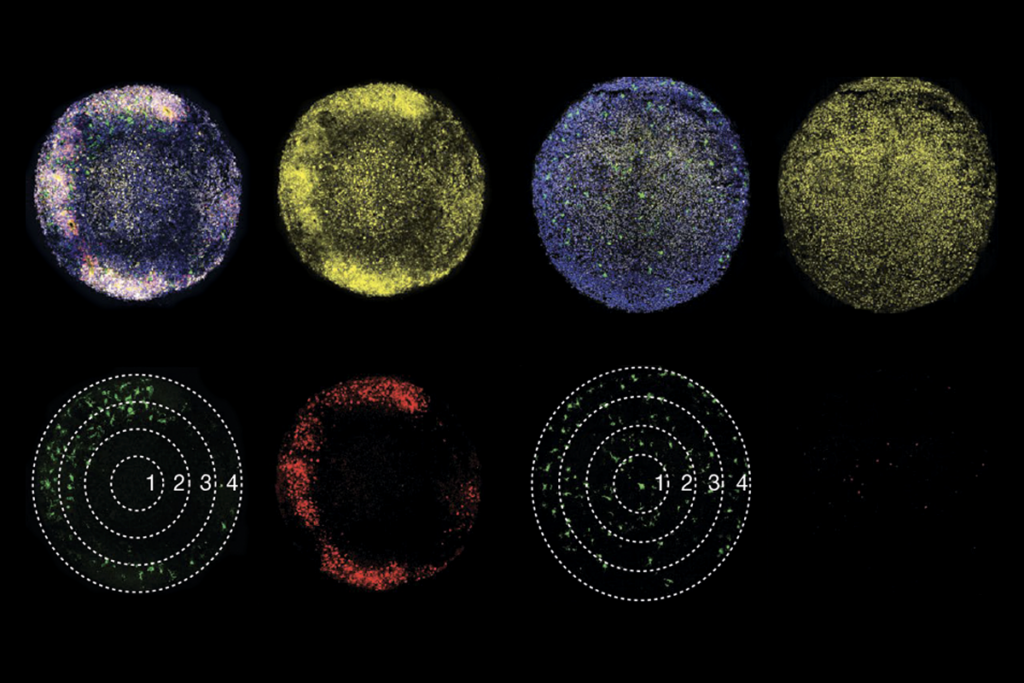
Microglia nurture young interneurons
The immune cells secrete a growth factor that “sets the supply of GABAergic interneurons in the developing brain.”
Cell ‘antennae’ link autism, congenital heart disease
Variants in genes tied to both conditions derail the formation of cilia, the tiny hair-like structure found on almost every cell in the body, a new study finds.
Cell ‘antennae’ link autism, congenital heart disease
Variants in genes tied to both conditions derail the formation of cilia, the tiny hair-like structure found on almost every cell in the body, a new study finds.
Machine learning spots neural progenitors in adult human brains
But the finding has not settled the long-standing debate over the existence and extent of neurogenesis during adulthood, says Yale University neuroscientist Juan Arellano.

Machine learning spots neural progenitors in adult human brains
But the finding has not settled the long-standing debate over the existence and extent of neurogenesis during adulthood, says Yale University neuroscientist Juan Arellano.
Autism-linked perturbations converge on cell skeleton and RNA-binding proteins
The findings solidify the idea that autism-linked mutations affect brain activity by way of several key shared mechanisms.
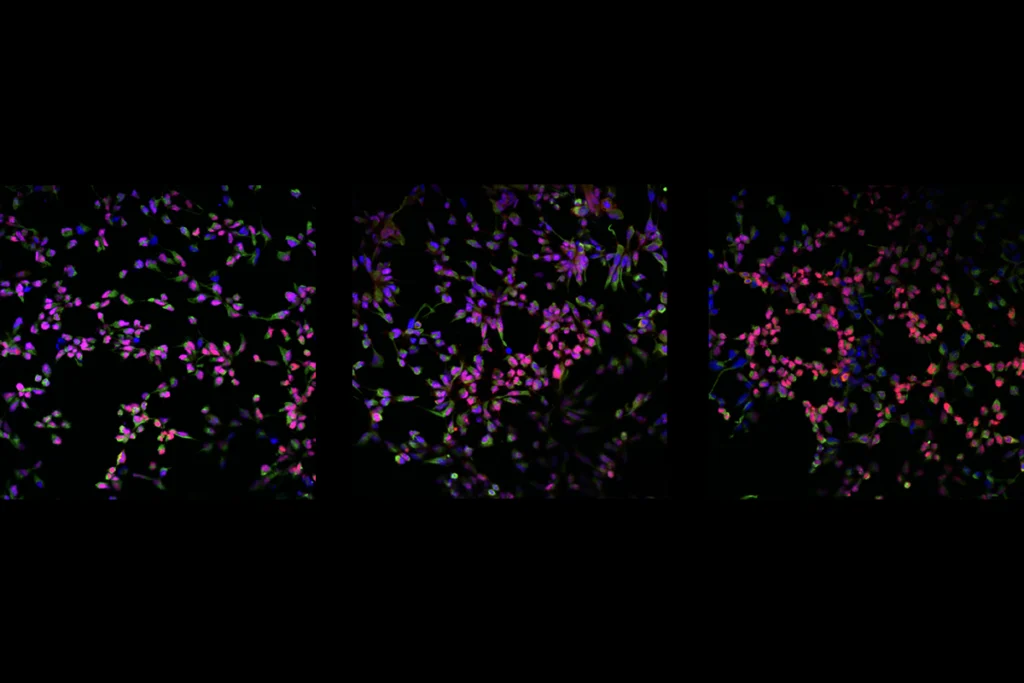
Autism-linked perturbations converge on cell skeleton and RNA-binding proteins
The findings solidify the idea that autism-linked mutations affect brain activity by way of several key shared mechanisms.
Head size parts autism into two major subtypes
An imbalance in the number of excitatory neurons in early brain development may account for the difference.
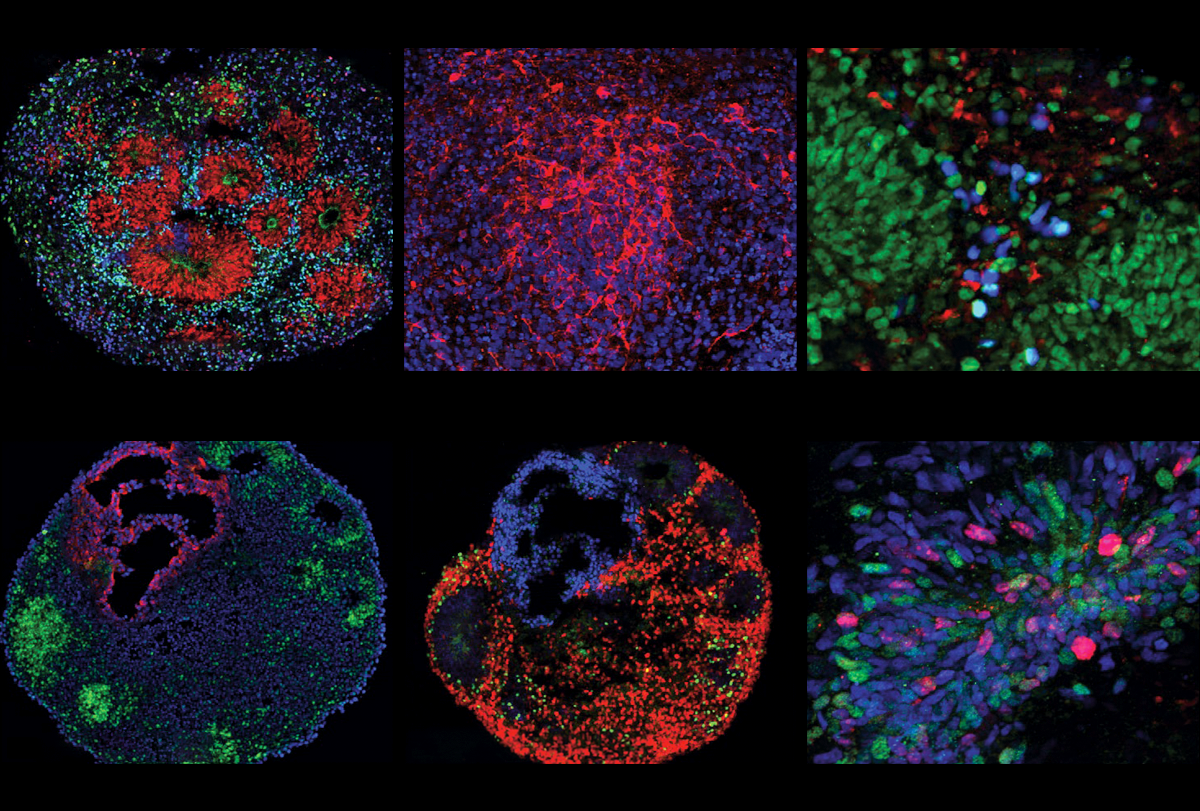
Head size parts autism into two major subtypes
An imbalance in the number of excitatory neurons in early brain development may account for the difference.
Genetic background sways effects of autism-linked mutation
Experiments offer clues to why certain mutations are associated with autism in some people and not others.
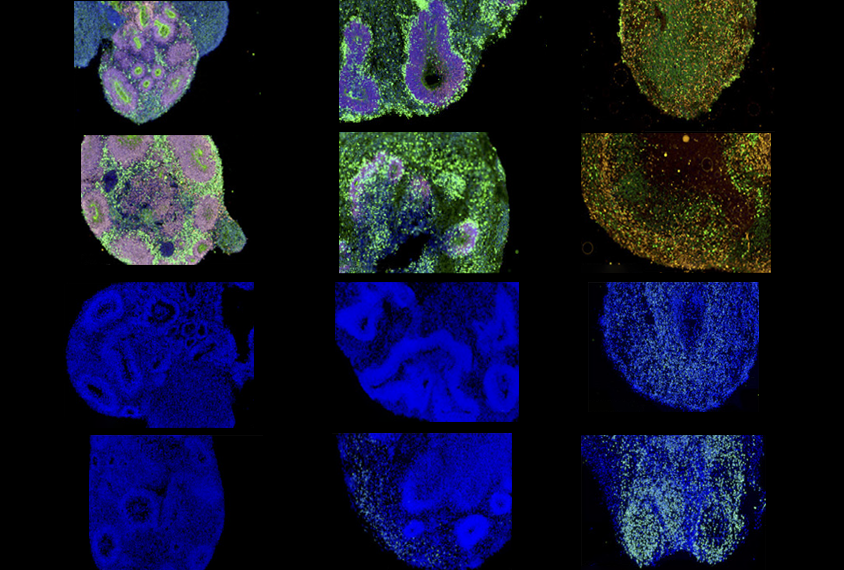
Genetic background sways effects of autism-linked mutation
Experiments offer clues to why certain mutations are associated with autism in some people and not others.
Rare autism-linked mutation starves growing neurons of essential nutrients
The mutation prevents certain amino acids from entering neurons, causing the cells to die early in development.
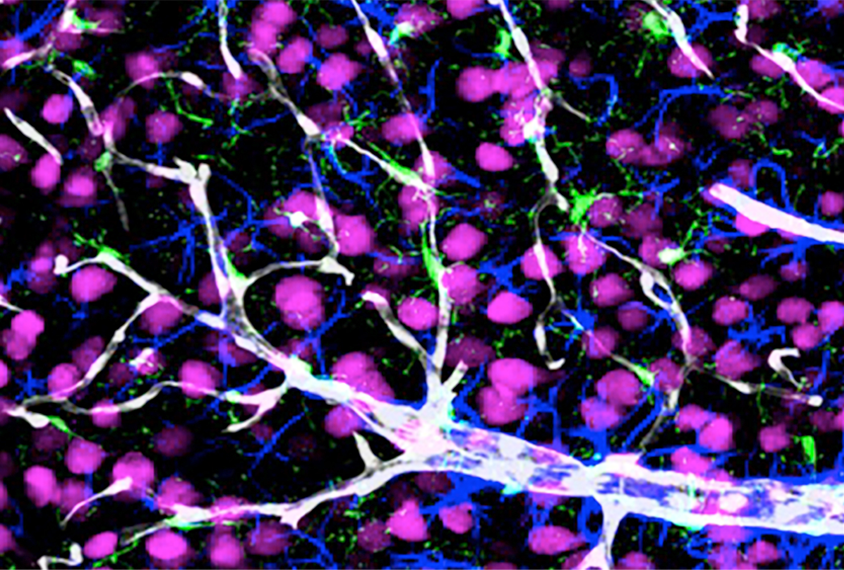
Rare autism-linked mutation starves growing neurons of essential nutrients
The mutation prevents certain amino acids from entering neurons, causing the cells to die early in development.
Explore more from The Transmitter
Neuro’s ark: Spying on the secret sensory world of ticks
Carola Städele, a self-proclaimed “tick magnet,” studies the arachnids’ sensory neurobiology—in other words, how these tiny parasites zero in on their next meal.

Neuro’s ark: Spying on the secret sensory world of ticks
Carola Städele, a self-proclaimed “tick magnet,” studies the arachnids’ sensory neurobiology—in other words, how these tiny parasites zero in on their next meal.
Autism in old age, and more
Here is a roundup of autism-related news and research spotted around the web for the week of 2 March.

Autism in old age, and more
Here is a roundup of autism-related news and research spotted around the web for the week of 2 March.
Lack of reviewers threatens robustness of neuroscience literature
Simple math suggests that small groups of scientists can significantly bias peer review.

Lack of reviewers threatens robustness of neuroscience literature
Simple math suggests that small groups of scientists can significantly bias peer review.